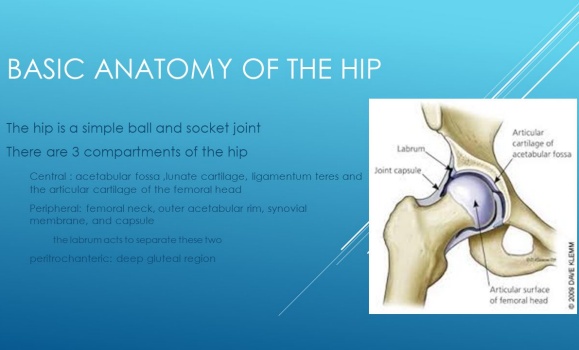Stories
» Go to news mainPoor Sensitivity of Magnetic Resonance Arthrography to Detect Hip Chondral Delamination: A Retrospective Follow‑Up of 227 FAI‑Operated Patients

Abstract
OBJECTIVE:
The purpose of this study was to retrospectively assess the frequency and characteristics of acetabular cartilage delamination (CD) in femoroacetabular impingement (FAI) patients and to assess the sensitivity, specificity, negative predictive value (NPV), and positive predictive value (PPV) of magnetic resonance arthrography (MRA) in detecting CD based on the radiologist report.
DESIGN:
This is a single-center retrospective review of consecutive patients operated for symptomatic FAI. All of the patients had a 1.5-T MR-arthrogram within 12 months preoperatively. MRA reports of these patients were compared with operation notes and surgical videos of all patients by two trained assessors.
RESULTS:
At surgery, CD of the acetabulum was present in 169 patients out of a total of 229 patients (74%). Only 6.5% (11 patients) of CD was described on the MRA reports preoperatively. The mean age of the patients was 37.6 ± 13.3 years. The average extent of delamination was 3.12 ± 1.5 cm2 with a mean coronal × sagittal extent of 0.68 × 4.33 cm. There was a significant difference regarding age ( P = 0.002), alpha angle from frog view ( P = 0.002), and alpha angle from anteroposterior view ( P = 0.012) between the patients with delamination and without delamination. The majority of labral tears and cartilage damage were located in the anterosuperior quadrant. MRA sensitivity was 6%, specificity 98%, NPV 27%, and PPV 91% based on the radiologist report.
CONCLUSION:
The CD in patients with FAI can be severely underdiagnosed with MRA. There is a need for better standard diagnostic criteria to detect CD in patients with FAI.
Recent News
- Dr. Abraham receives CAIR Award
- Thank you to everyone who joined us for the 30th anniversary Radiology Research Day on May 8th!
- Nova Scotia’s Lung Screening Program expanding to Cape Breton, eastern mainland
- Donor‑supported nuclear medicine technology attracts top medical talent to the QEII
- Building Critical Skills at the Dalhousie Physician Leadership Workshop for Women in Radiology
- CAR/CSTR Practice Guideline on CT Screening for Lung Cancer
- CAR/CSACI Practice Guidance for Contrast Media Hypersensitivity
- CAR Practice Guideline on Bone Mineral Densitometry Reporting: 2024 Update
